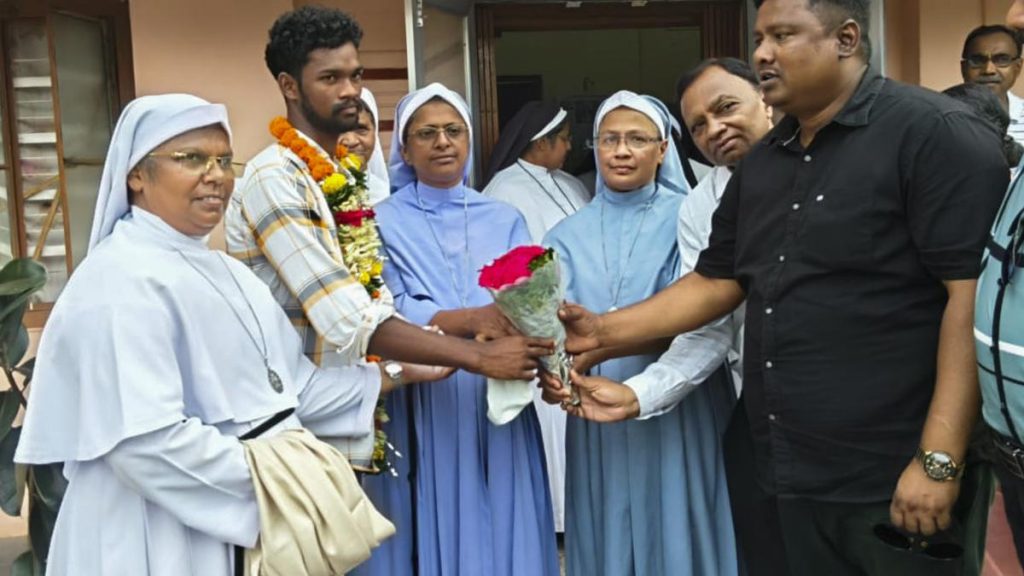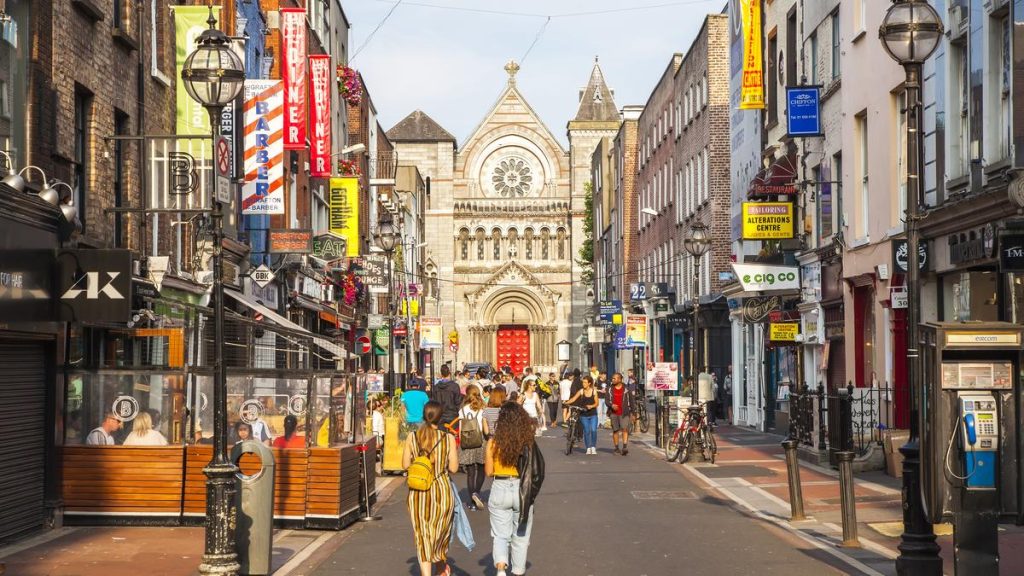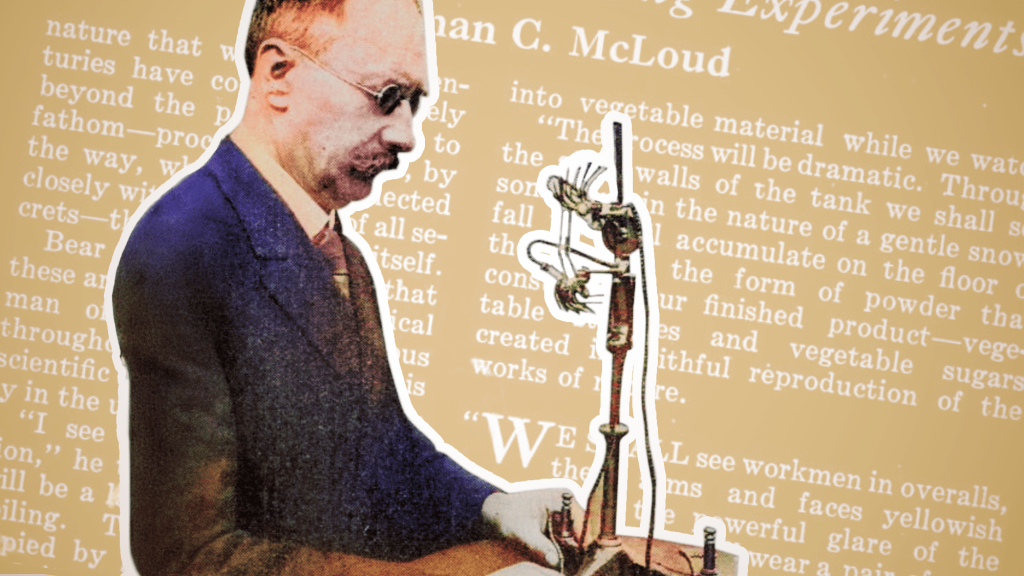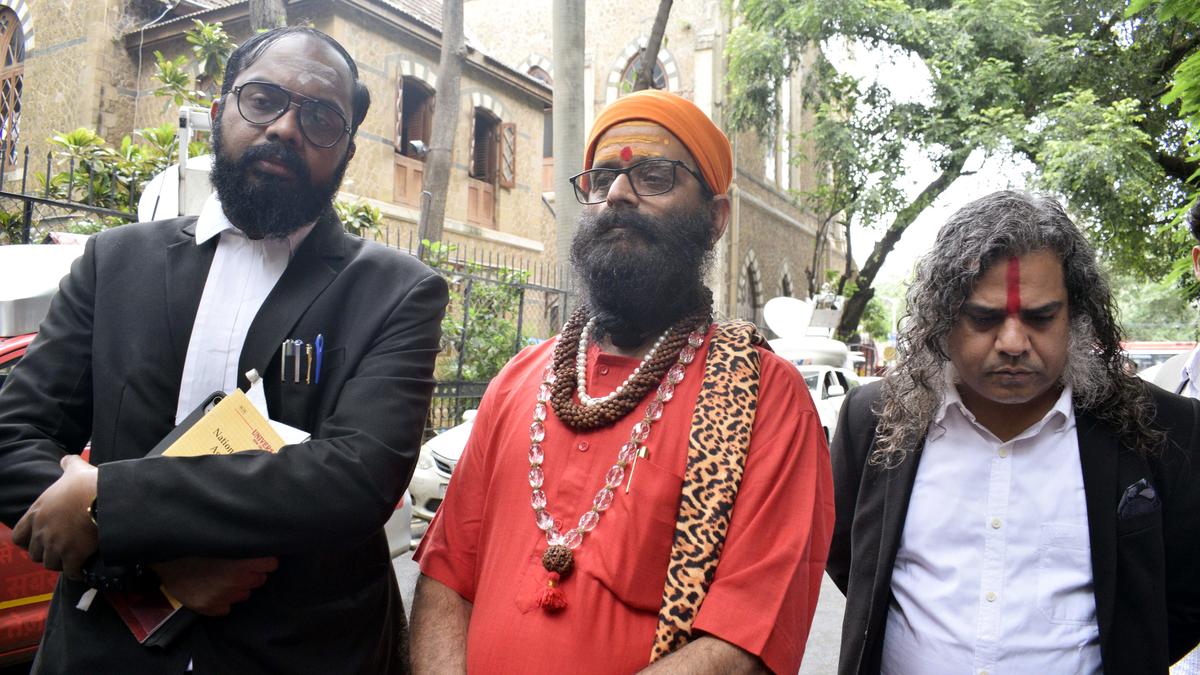Now Reading: Communal Tensions Flare in Pune’s Yavat Village, One Detained
-
01
Communal Tensions Flare in Pune’s Yavat Village, One Detained
Communal Tensions Flare in Pune’s Yavat Village, One Detained
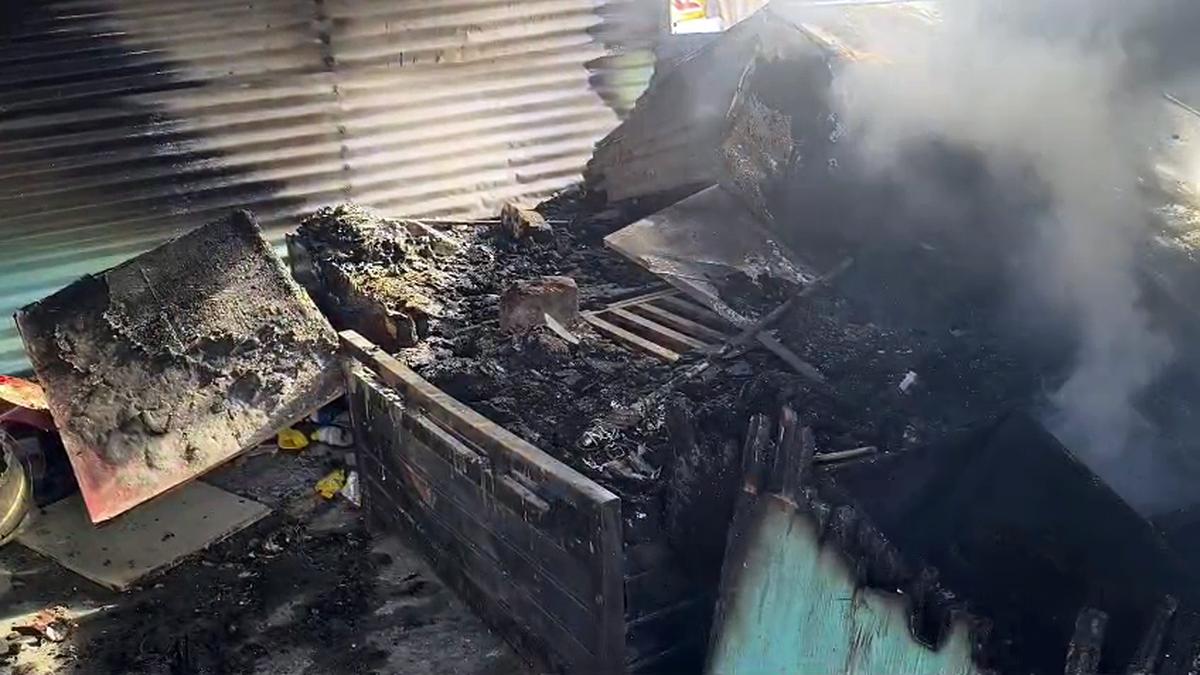
Fast Summary
- Incident Details: Communal tensions erupted in Yavat village, Pune district (Maharashtra) on August 1, 2025, due to a social media post on WhatsApp referencing an alleged rape incident in Madhya Pradesh.
- Vandalism Reported: Mob violence led to stone-pelting and vandalism of vehicles (damaged car windows and torched motorcycle), a bakery, and partial damage to a religious site.
- Police Action: Police detained the individual who posted the content. Additional police forces and SRPF were deployed. Section 163 was imposed to curb further unrest.
- Damage Documentation: Weekly market was shut; authorities prepared documentation of damages caused. Police stated the situation is now under control with routine activities normalized.
- Eyewitness Accounts: Locals reported heightened tensions after questioning the alleged suspect’s social media post; one witness called it pre-planned mob violence.
- Political Reaction & Context: BJP MLA Gopichand Padalkar described earlier incidents as part of a conspiracy in his recent rally. Chief Minister Devendra Fadnavis called for strict action regarding posts igniting communal tensions.
Indian Opinion Analysis
This incident highlights the deep sensitivities surrounding communal harmony in india,exacerbated by provocative messaging on social platforms like WhatsApp. The immediate deployment of law enforcement played an instrumental role in preventing further escalation; however, such events signal larger challenges with regulating harmful online content without restricting free expression.
The involvement of political figures like MLA Padalkar underscores how local incidents can intertwine with polarizing narratives when leaders use them as leverage for combative rhetoric. Policymakers across states might need stricter oversight over both online communication platforms and inflammatory speeches during public rallies.
Lastly, this case may prompt broader discussions on upgrading cybersecurity measures against viral misinformation while fostering mutual respect among communities to avoid violent escalations.



